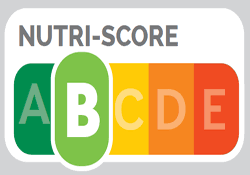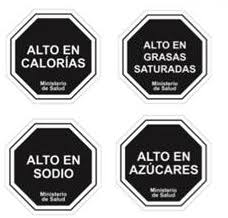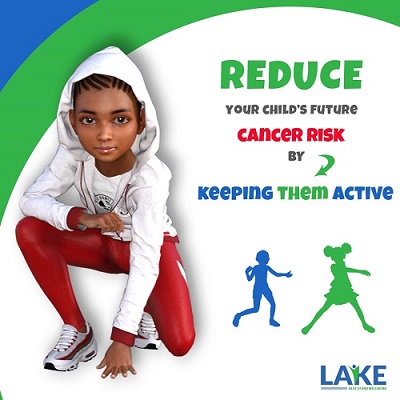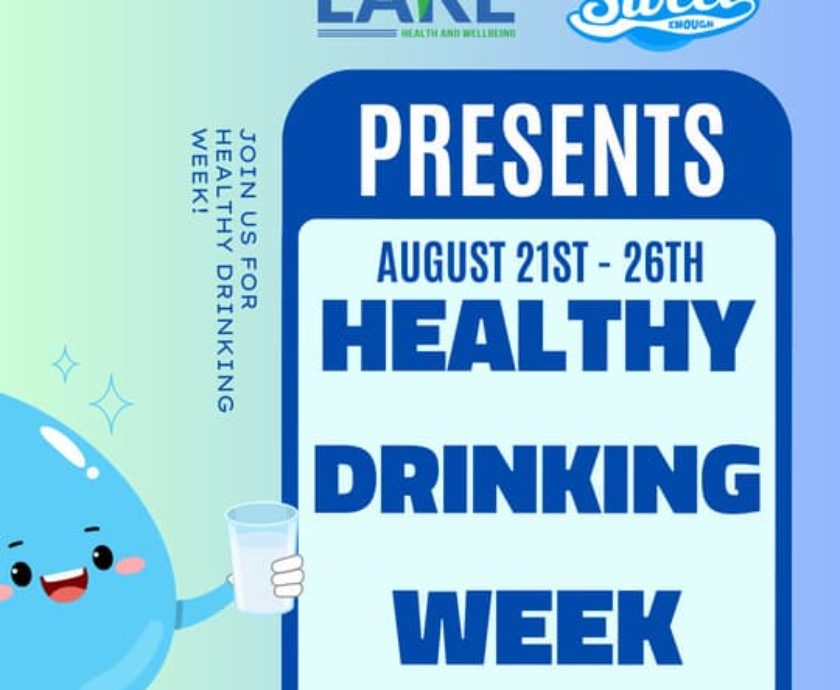Childhood obesity is a major health issue in the Caribbean with 1 in 3 children being overweight or obese. Being obese and overweight in childhood is linked to the development of a number of health issues such as diabetes and hypertension, and it also negatively impacts a child’s mental health. These health issues can follow children into adulthood with children affected by obesity, or who are overweight, having an increased risk of becoming overweight or obese adults and developing non-communicable diseases such as cancer and heart disease in later life.
Childhood obesity is a significant challenge here in St Kitts and Nevis. A PAHO report revealed that 33% of secondary school children in the twin island state were overweight and 14% were obese. More recently, in 2017, a UNICEF report published that 26% of children in St Kitts and Nevis are obese.
Childhood Obesity Solutions
To combat childhood obesity we have to ensure that children adopt a healthy lifestyle and one approach is to explore how we can reduce the consumption of products that are high in sugar, salt and saturated fat. One strategy is to focus on nutrition education and making it easier for to parents identify which foods are high in these components, so they can easily make healthy choices when they purchase groceries.
Front-of-Pack Nutrition Labelling
Front-of-pack nutrition labelling has been introduced in many countries to provide a quick and easy way for consumers to assess the health of the foods they purchase. Currently there are several front-of-pack nutrition labelling systems with the main options being:
Summary indicators. These include the Health Star Rating developed by Food Standards Australia New Zealand which gives foods a 1 to 5-star rating based on their healthfulness and France’s Nutri-score which puts foods into five categories, A to E, based on how healthy they are deemed to be.
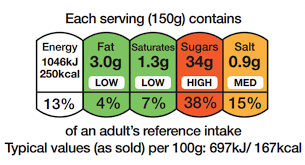

Warning labels. This uses a ‘high-in’ label to inform consumers that foods are high in certain nutrients
Front-of-Pack Nutrition Labelling Consultation in the Caribbean
Caribbean countries are starting to explore the introduction of front-of-pack nutrition labels. The CARICOM Regional Organisation for Standards and Quality held a consultation from 15th October 2018 to 31st January 2019 on pre-packaged food labelling which included front-of-pack food labelling. The labelling system being explored is warning labels and we were pleased to have been able to submit a response to their consultation.
Our Views
- We support the introduction of front-of-pack nutrition labels in the Caribbean
- We believe that front-of-pack nutrition labels present a quick, easy and useful way of communicating the healthiness of pre-packaged foods
- We believe that front-of-pack labelling provides information in a way that is easier to understand, with respect to healthiness, than back-of-pack nutrition labelling
- We believe more work is needed to determine which front-of pack labelling system would be most effective in the Caribbean
- We believe that a full assessment is required to determine if front-of-pack food labels will influence consumer behaviour in the Caribbean and if not, why not
- We feel that if the ‘high-in’ labels are to be used, the colour of the labels should be reconsidered, from black to red. This is important so that we begin to steer dialogue away from black always being seen as a negative, which has a wider societal context with regards to race and ethnicity
- We believe a standard international front-of-pack nutrition label is required to ensure consistency and to prevent confusion
Next Steps
CARICOM Regional Organisation for Standards and Quality will review all the comments it has received from throughout the region and decide on a way forward with respect to nutrition labelling of pre-packaged foods.
We look forward to seeing how the strategy for FOP labelling in the Caribbean develops and are pleased to see this action being taken on this matter.
References
- UNICEF, Situation Analysis of Children in the Federation of St Kitts and Nevis, UNICEF Office for the Eastern Caribbean Area and the Government of St Kitts and Nevis, Christ Church, Barbados, 2017
- PAHO, Health in the Americas, 2012: St Kitts and Nevis, PAHO, 2012
- Kanter, R., Vanderlee, L., & Vandevijvere, S. (2018). Front-of-package nutrition labelling policy: Global progress and future directions. Public Health Nutrition, 21(8), 1399-1408. doi:10.1017/S1368980018000010







